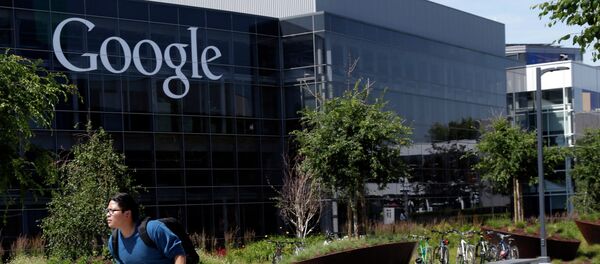He said the next phase of technological development would be so-called Inventive AI, allowing machines to manage a wider range of challenges amid increasing amounts of data.
“Eventually it will be possible to give a computer unstructured data—say, spreadsheets used to manage business records—and receive quality advice on improving operations,” he wrote.
First, he stressed, AI must be aimed at the “common good," serving the interests of all people, not only of those who control resources. Schmidt also asserted that AI development and use must be transparent and "socially engaged." As the third principle, he said that "undesirable outcomes," including those involving job loss to machines, must be avoided.
In his wide-ranging opinion piece, Schmidt called for a system of verification for future AI networks, to ensure that they perform only those functions that they are designed for.
“Ultimately, our dream for AI is to give people more choices about how they live their lives. Under our control, it can take the drudgery out of work and free up many more hours for creative pursuits. And applied collaboratively, AI could help bring about solutions to the world's most complex problems."



